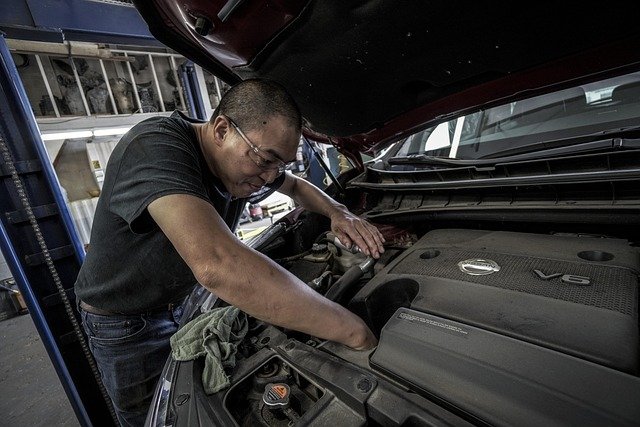Become an Auto Mechanic: Training for a Fulfilling Career
Automotive mechanic training provides the hands-on skills and technical knowledge needed to diagnose, repair, and maintain modern vehicles. From basic service techniques to hybrid and electric systems, certified programs blend classroom learning with practical labs. Explore course options, timelines, costs, and career paths to launch a stable, in-demand career in the auto industry.

Automotive mechanic training prepares individuals to work with increasingly complex vehicle systems by combining technical instruction with practical experience. Modern programs often go beyond engine and drivetrain repair to cover customer communication, workplace safety, and business fundamentals—skills that are vital for anyone working in a repair shop or running their own service business. As electric and hybrid vehicles become more common, many schools now include modules on high-voltage systems, battery management, and EV-specific diagnostics.
How long does training take? Training lengths differ by credential and program structure. Short certificate courses typically run from about six months up to a year, while associate degree programs usually require two years of full-time study. Some vocational schools and community colleges offer accelerated tracks that shorten completion times. Keep in mind that auto technology evolves constantly, so many technicians pursue ongoing education and industry certifications after initial training to keep pace with new diagnostics and repair techniques.
Where can you train to become a mechanic? There are several pathways into the trade: community colleges and technical schools commonly offer balanced programs that combine lectures with hands-on lab work in well-equipped bays. Some high schools include introductory automotive classes as part of career and technical education. Large manufacturers and dealership networks frequently run brand-specific training programs that focus on particular makes and systems and can lead directly to employment in their service centers. Online and distance-learning options are growing, but in this field it is essential that any remote program include substantial live or local hands-on components so students gain real-world repair experience.
Career prospects for trained mechanics Overall employment trends vary by source and timeframe, but the U.S. Bureau of Labor Statistics noted employment of automotive service technicians and mechanics was projected to show little or no change from 2019 to 2029. That said, job prospects are generally stronger for candidates who complete postsecondary automotive technology programs and earn certifications. Trained mechanics can find work in a variety of environments, including independent repair shops, dealership service centers, fleet maintenance operations, specialty shops (such as transmission or brake specialists), auto parts retailers, and government agencies. With experience and additional training technicians can move into supervisory roles, open their own shops, or specialize in niche areas like performance tuning or classic car restoration.
What does training cost? Costs depend on program type, school, and location. Typical ranges include: certificate programs at community colleges often fall between about $5,000 and $15,000; associate degrees at community colleges commonly run $10,000 to $25,000; private vocational schools can range from roughly $15,000 to $45,000; manufacturer-specific training programs may cost between $5,000 and $20,000; and online course offerings vary widely, from a few hundred to several thousand dollars. These figures are estimates and can change, so researching current tuition and fees is important. Also budget for tools, textbooks, and any certification exam fees. Many schools provide financial aid, scholarships, grants, or loan options to help offset tuition.
Is it worth the investment? Automotive mechanic training is an investment in a practical, skill-based career. While the upfront costs and training time vary, the technical abilities and certifications you earn can open doors to steady employment and opportunities for advancement as vehicle systems become more sophisticated. For those who enjoy hands-on work, problem-solving, and staying current with automotive technology, mechanic training can lead to a stable and rewarding career.






